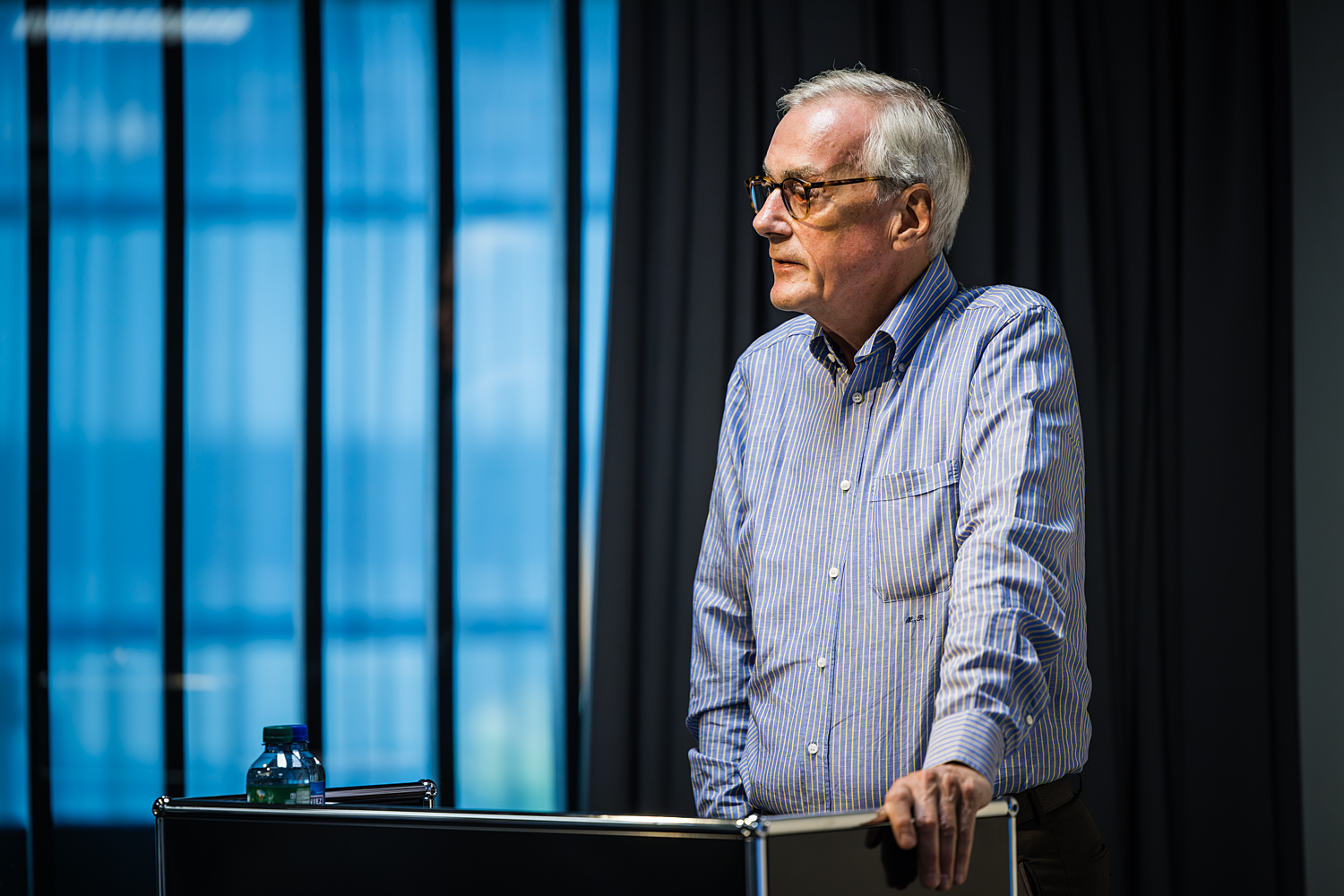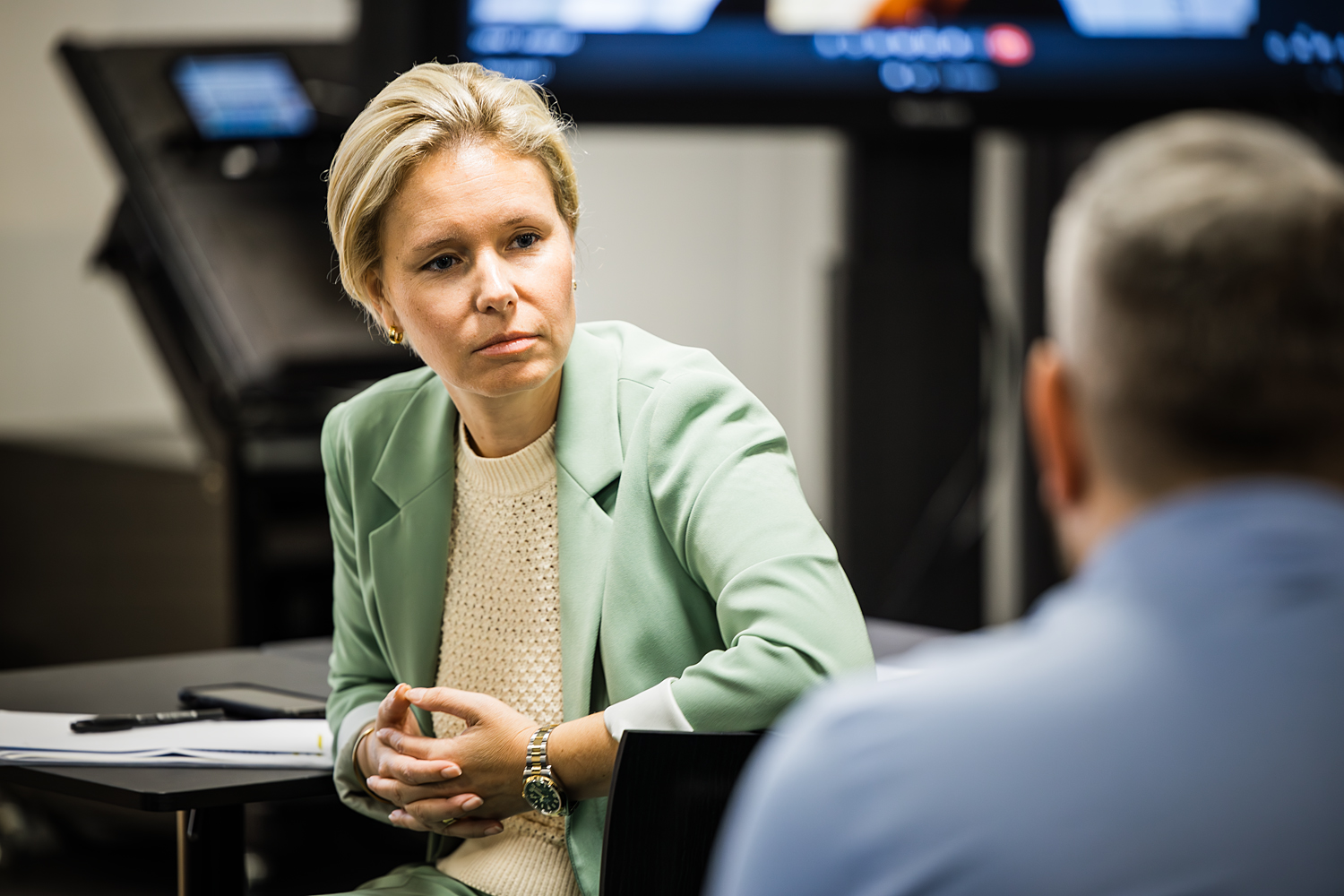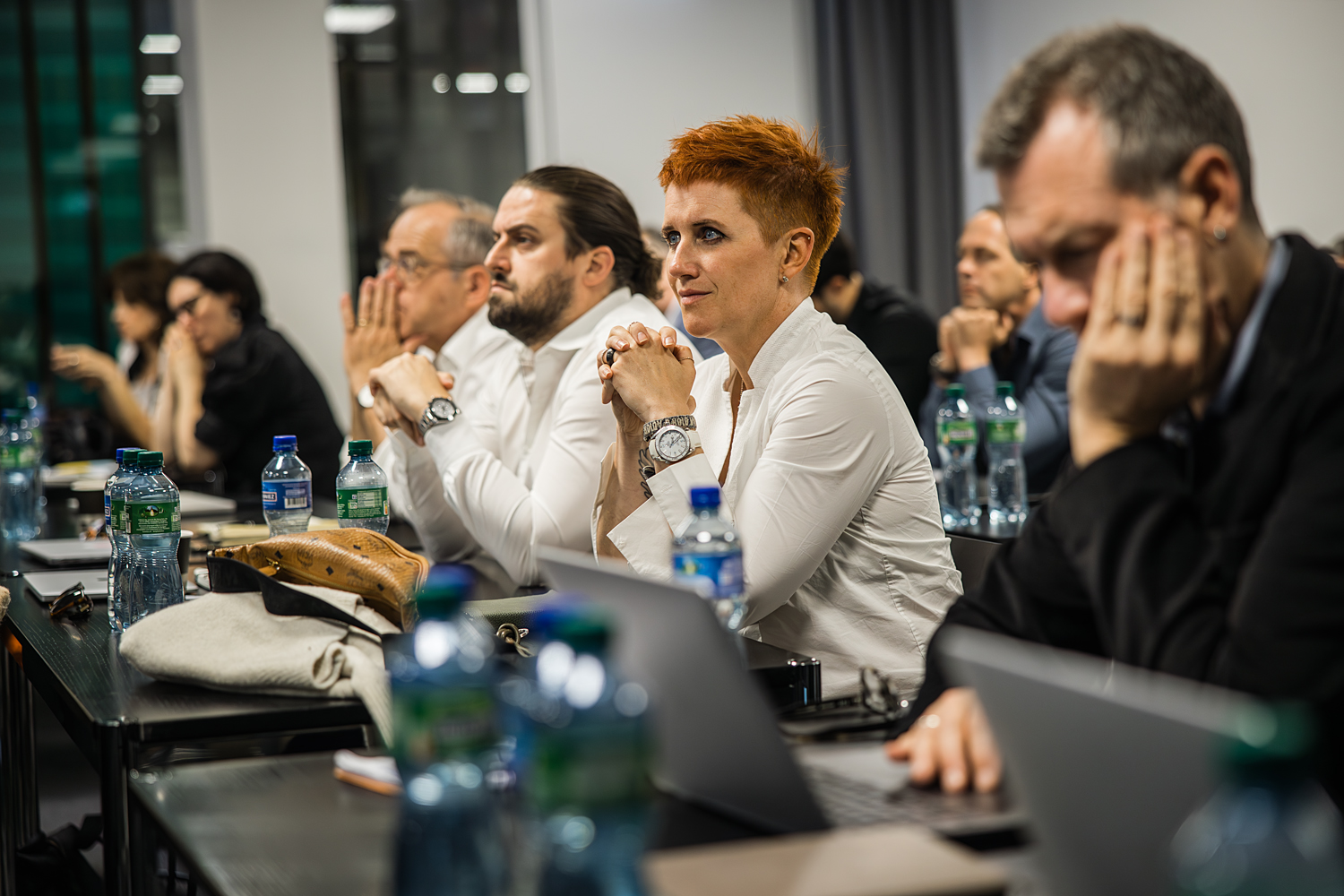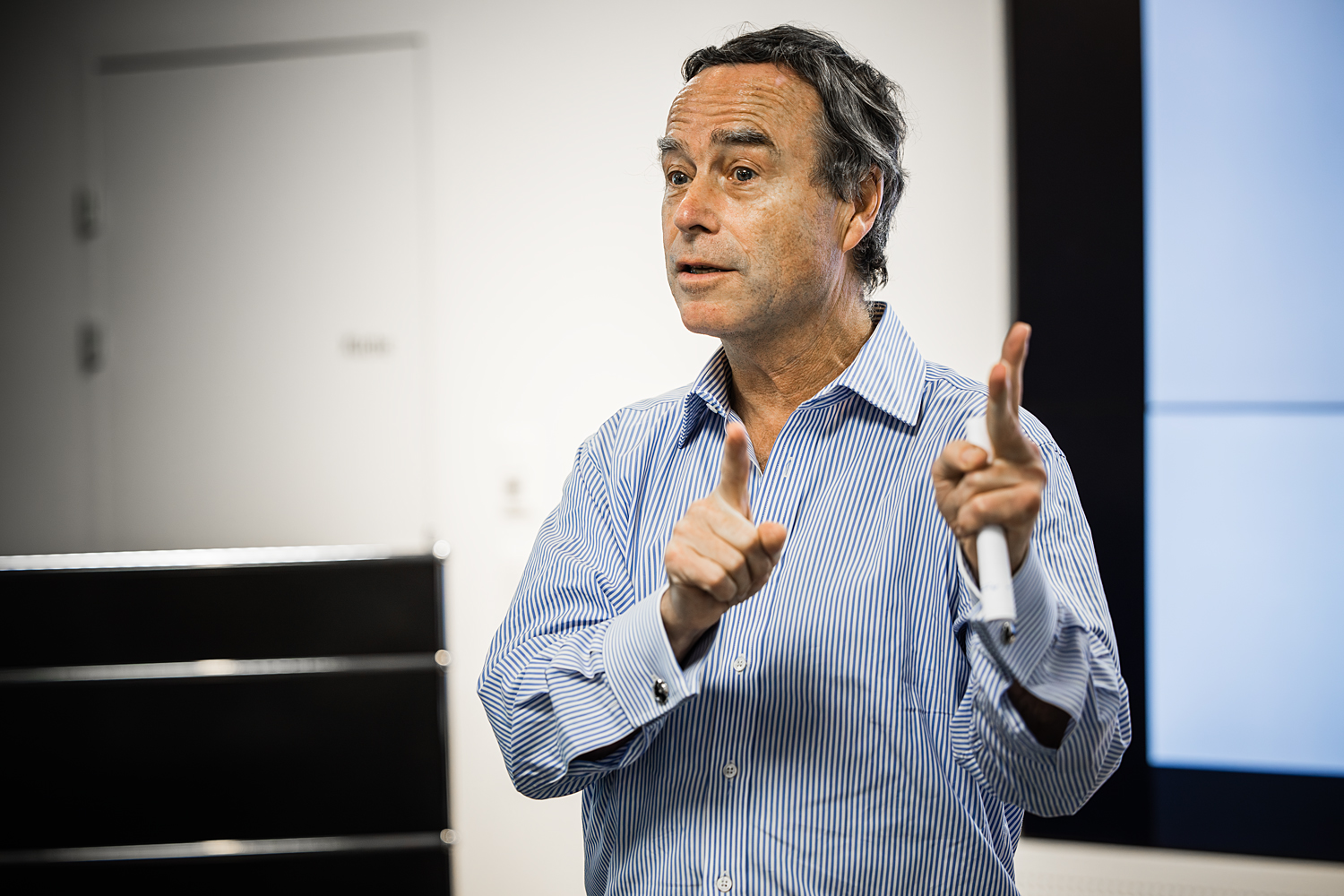At the invitation of publisher Michael Ringier, Ringier CEO Marc Walder and Head Global Media & Blick CEO Ladina Heimgartner, the editors-in-chief of all Ringier publications from Switzerland and abroad met yesterday at the first «Editorial Summit» of the Ringier Group. Together, the nearly 50 participants discussed the interaction between humans and artificial intelligence in their titles at the Zurich Media Park.
Under the motto: «Pen & Prediction: Crafting the Future for Newsrooms with Human and Artificial Intelligence» the Summit discussed, among other things, the opportunity and possible uses of AI.
The Editorial Summit underlined Ringier’s commitment to journalism, emphasized publisher Michael Ringier in his opening speech. Michael Ringier has been writing about the role of journalism in society for over 30 years, including in his column in DOMO magazine. Relevance has often been at the center of this. Digitization has changed the media landscape. Brands like «Blick», «Libertatea» and «Onet» stand for journalistic integrity. The task of journalists, he said, is to explain the world to people, incorporating both global and everyday perspectives. In doing so, it is important to place journalistic seriousness in the foreground and to convey the joy of reading.
Experts – including the renowned business journalist Lionel Barber, the scientist and member of the Ringier AI Adversory Board Dr. Léa Steinacker, the digital expert for user needs Dmitry Shishkin, as well as Matthieu Mingasson, Head Design Transformation at the New York Internet agency Code and Theory – spoke on these topics in keynote speeches.
Marc Walder opened with thoughts on technology and media, AI and media, challenges and opportunities for media in a largely digital world. His core message: Despite all the transformation, it is and remains crucial for journalists that the facts are first prepared correctly. Only then would interpretation, storytelling, formats and opinions come into play.
A blatant negative example, according to Walder, could just be read in the press: «Who should still read this Blick? And the author concluded that Blick would be better off doing what it used to do: sex, crime and sports. That was the only way Blick could be successful. This is an embarrassing as well as good example of where fact-free journalism leads: A phone call, a little fact check would have shown the journalist the contrary facts, how successful the Blick Group has developed in the past 3 years:
- Blick has never had more users (1.3 million per day)
- Blick has never had more video views (1 million per day)
- Never had Blick more women readers (50 %)
- Never has Blick.ch had a longer dwell time (more than 5 minutes)
Business journalist Lionel Barber, former editor-in-chief of the Financial Times, also reiterated the importance of factual accuracy in his presentation. It is much easier to have an opinion than to know the facts, he said. In terms of quality, he said that despite the idea of competition, it is more important not to be the fastest, but to be the one or the first to understand the story and report it correctly.
User-needs expert Dmitry Shishkin explained how to stay relevant to users using the User News Model, which identifies eight different user needs. Shishkin expressed his conviction that if audience needs are served creatively, consistently and strategically, growth will follow. His advice to the journalists in attendance: Ask yourself critically what would change in the lives of your readership if the media brand you work for ceased to exist tomorrow?
Matthieu Mingasson, Head Design Transformation at the New York-based Internet agency Code&Theory, addressed the question in which formerly journalistic areas search portals and AI have taken the reins and where journalism can and will continue to create value. Expertise, credibility and trust through the use of AI are attributed to brands that are experimenting and learning. Still, despite all the artificial intelligence, it’s a brand’s unique, original content that needs special recognition, he said.
During the dinner that followed, Léa Steinacker managed to take those present on a gripping journey into the past, present and future of AI. For Steinacker, who teaches AI at the University of St. Gallen, among other places, it is clear that although we will still see quantum leaps in the development of AI, the «human» in journalism will continue to stand out as a «premium» in the future.
Ringier International Editorial Standards & Innovation Board meets for the first time
The «Ringier International Editorial Standards and Innovation Board» met for the first time yesterday. It deals with Ringier publications, assesses and promotes leadership and innovation. The «Ringier International Editorial Standards and Innovation Board» chaired by Michael Ringier, is composed of Ringier Board Member Nancy Cruickshank, the CEO of Ringier AG Marc Walder, the Head Global Media of Ringier AG Ladina Heimgartner, the CEO of Ringier Axel Springer Schweiz AG Alexander Theobald, the Chief Innovation Officer of Ringier AG Petra Ehmann, the Head of the Ringier School of Journalism Peter Hossli, the external international media expert Dmitry Shishkin, and the journalist and long-time CEO of Gruner & Jahr and RTL Germany Stephan Schäfer.
Ringier AG, Corporate Communications








